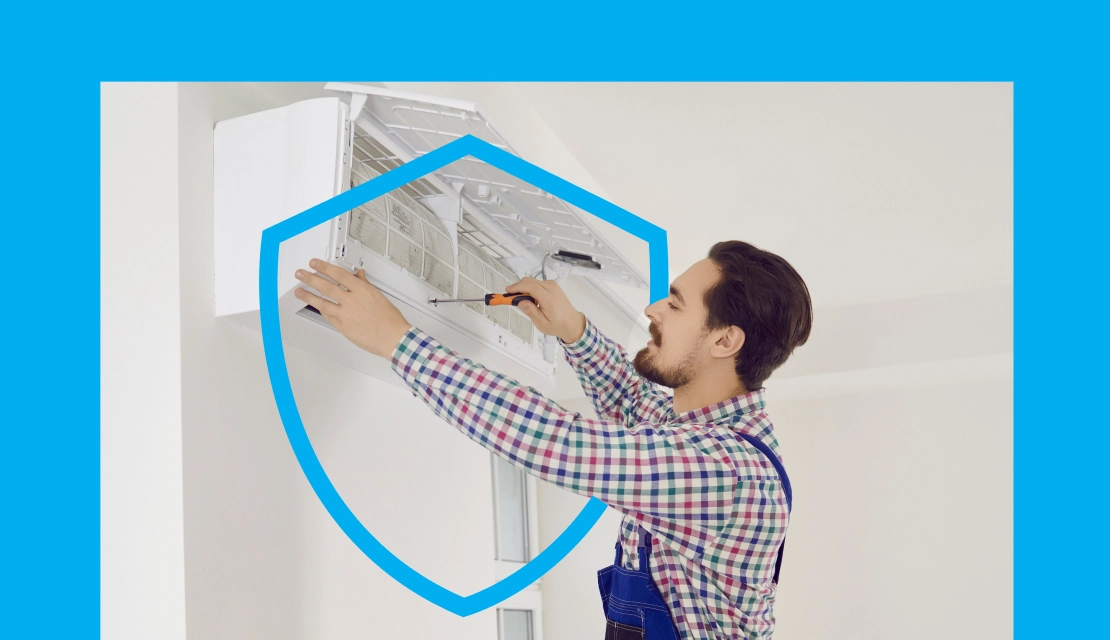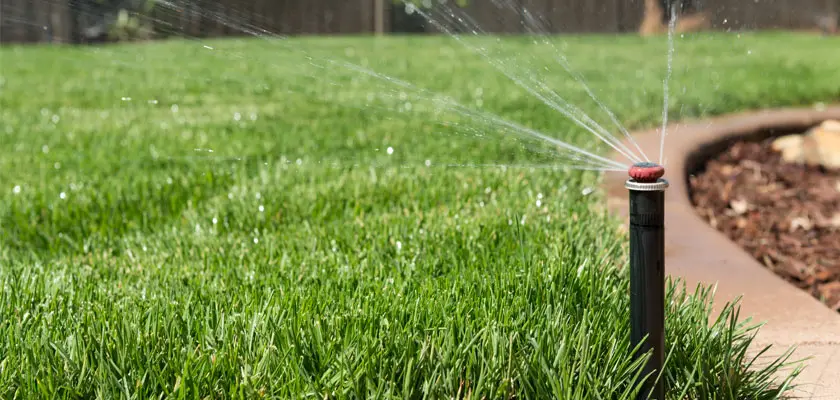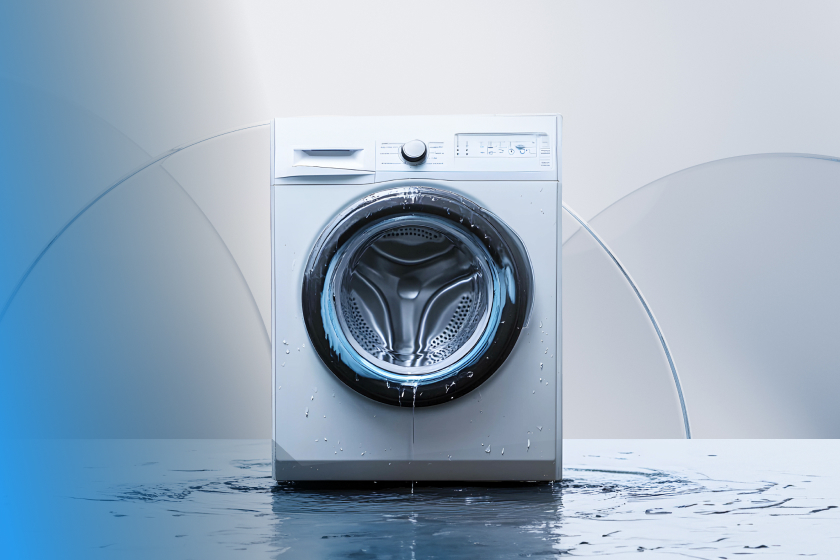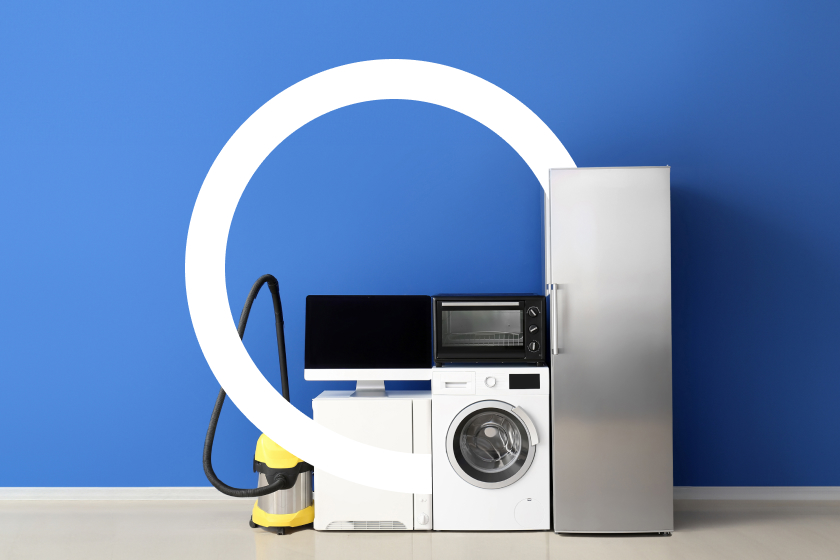
Just closed on your new home and feeling great? You think you are almost done. Papers signed, keys in hand, and then someone drops the question: “Is a home warranty required at closing?”. You wonder why suddenly everyone is talking about it.
Let’s clear things up: while it’s not a must-have like homeowners insurance, skipping it could be a bigger gamble than you think.
Although it’s not mandatory, should you choose not to have it? Yeah. That part is usually left out of the sales pitch.
But your fridge may not care that you just moved in. Or your AC, which worked great during the walk-through. And when those systems fail, it’s usually when you are least ready to bear the repair expenses.
This guide gives you the full picture: why warranties come up during closing and who usually foots the bill. Since you have come this far, let’s make sure how this one choice could actually keep your budget protected post-move.
When purchasing a home, closing costs represent the final set of financial obligations that come due before you officially receive the keys. These typically include fees for loan processing, title checks, attorney charges, appraisals, and local taxes.
The total amount can vary depending on your mortgage and location, so it is helpful to know what to expect ahead of time.
When you add a homeowner’s warranty to your purchase, there are a few related costs that show up at closing.
The short answer to this is no. A warranty is not legally required to close on a house.
That said, they often come up during the negotiation stage. A seller might offer one to stand out in a crowded market, or a buyer might ask for one if they are concerned about future repairs.
Paying for a home warranty isn’t a fixed responsibility; it’s something the buyer and seller can work out as part of the sale. Seller’s home warranty is sometimes offered to make the home more attractive or to reassure buyers. It is also a common request from buyers during negotiations, especially if the home has older systems.
In some situations, both parties agree to split the cost. Buyers might also opt to handle it themselves after closing if it wasn’t included. In any case, make sure the final decision ends up in the purchase agreement. It’s a simple way to avoid any confusion later.
Once your offer is accepted, the finish line feels close. But there are still a few key steps to wrap up. If you are working with a real estate agent, they will walk you through all of it, including things you might not think of, like setting up a warranty before closing.

This is one of those small steps that can pay off big. Adding coverage during closing means you are covered from day one. No chasing down local technicians or making endless phone calls if something breaks once you have moved in.
So, before you wrap up your purchase, consider these reasons.
Buying a home can leave your bank account feeling pretty drained. Between the down payment, closing costs, and moving expenses, there is usually not much wiggle room left for surprise repairs.
A warranty for your home helps take that stress off your plate. If something covered breaks, the repair or replacement costs won’t always fall on you. You pay a lot less, sometimes just a small service fee.
Today’s appliances may be smarter, but that usually means they are pricier to fix, too. A home shield warranty helps cover repair or replacement costs, even for high-end models or older units that are still doing the job.
It’s not just your appliances, though. When your plumbing, electric, or HVAC system goes haywire, a warranty can spare you from big, sudden expenses. So, while the answer to “is a home warranty required at closing?” is no, legally. However, having one can make it easier to manage the surprise costs that come with homeownership.
Home insurance typically steps in during major damage like fires or storms, but when does your AC stop working after years of use? That’s on you, unless you have a home appliance warranty.
Warranties are built for the everyday stuff: aging appliances, tired systems, and the wear that builds up over time. It’s not about expecting the worst, it’s about being ready if it happens.
Tracking down a qualified pro after something breaks can eat up your time and energy fast. With warranty coverage, you skip the search entirely as your provider already has a list of licensed technicians ready to go.
You don’t have to dig through reviews or make back-and-forth phone calls. Your warranty company handles it all! Just file a claim, and they’ll send someone out. It’s reliable help when you need it, without the usual stress.

Buying an older home has its charm, but it can also come with outdated appliances or systems that are one breakdown away from causing trouble. Home warranties help protect you when those older parts start to wear out.
Whether it’s a creaky furnace or a dishwasher on its last leg, having coverage in place means you are not facing repair costs alone.
Just because you didn’t buy a warranty at closing doesn’t mean you have missed your chance. Home warranty coverage is still an option after the sale wraps up, and it’s worth looking into while your purchase is still fresh.
You can have a warranty for your home anytime, just right after closing, or a few weeks or months later, or even years after moving in. These plans can be a real help when it comes to managing the cost of repairs or replacements for key systems and appliances.
Just keep in mind that most companies have a short waiting period (mostly 30 days) before your coverage kicks in. So, getting started sooner has its perks.
Closing on a home is a big milestone, but unexpected repairs shouldn’t be part of your welcome package. While the question “is a home warranty required at closing?” might pop into your head, the real question is: Should you get one? With Select Home Warranty, the answer is a big yes. You’ll get dependable protection for the systems and appliances you count on every day.
Whether you are a first-time buyer or settling into your forever home, our warranty coverage lets you enjoy your homeownership without any worry. It’s like having someone to call when things stop working. You can ask your agent about adding one of our home warranty plans at closing, or take a minute to explore your options directly on our website.
Disclaimer: The information in this article is intended to provide guidance on the proper maintenance and care of systems and appliances in the home. Not all the topics mentioned are covered by our home warranty plans. Please review your home warranty contract carefully to understand your coverage.
Our blogs and articles may link to third-party sites that offer products, services, coaches, consultants, and/or experts. Any such link is provided for reference only and not intended as an endorsement or statement that the information provided by the other party is accurate. We are not compensated for any products or services purchased from these third-party links.

Don’t wait until it’s too late! Check out our current plans and get your free quote.

Household Tips
When you gaze across your lawn, the thought might occur: “Is it time to water my grass a better way?” For those of us who invest in our homes, the..

Household Tips
Is your washing machine leaking from bottom and causing water to pool in your laundry room? A leaking washer isn’t just an inconvenience; it’s a potential threat to your home’s..

Household Tips
Home appliances make our lives so much easier and more convenient, taking care of daily chores and creating a comfortable living environment. But while they are indispensable in homes, they..